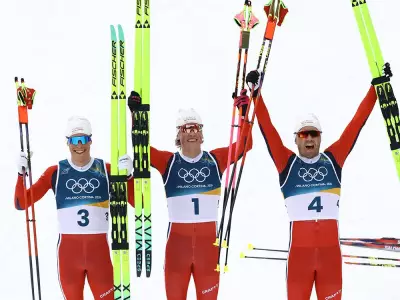
The International Olympic Committee has confirmed that no definitive decision has been reached regarding the eligibility of transgender athletes for future Olympic Games, maintaining the ongoing review of its framework for inclusion.
Current Status of Eligibility Framework
During recent executive board meetings at the Olympic House in Lausanne, Switzerland, IOC officials emphasized that the complex issue of transgender participation remains under careful consideration. The organization continues to evaluate scientific evidence and consult with sports federations worldwide to develop policies that balance fairness with inclusion.
This announcement comes amid growing global debate about transgender athletes in competitive sports. The IOC has been gradually shifting away from testosterone-level focused policies toward a more sport-specific approach that considers the unique requirements of each athletic discipline.
Historical Context and Policy Evolution
The IOC first introduced guidelines for transgender athlete participation in 2003, then updated them in 2015. The current framework, established in 2021, emphasizes that eligibility should be determined by international federations for each sport rather than applying a universal standard across all Olympic events.
This sport-by-sport approach has already been adopted by several international federations, including World Aquatics and World Athletics, which have implemented their own specific eligibility criteria for women's categories.
The ongoing review process acknowledges the need for policies that respect both the principle of inclusion and competitive fairness, particularly in women's sports where physical advantages gained through male puberty have become a central concern.
Future Implications for Olympic Competition
With the 2024 Paris Olympics approaching and planning for the 2026 Winter Games advancing, the timing of any policy decision carries significant weight. National Olympic committees and international sports federations await clearer guidance from the IOC to help shape their own selection criteria and competition rules.
The continued deliberation reflects the complexity of establishing eligibility standards that account for evolving scientific understanding while respecting the rights of all athletes. The IOC has committed to ongoing consultation with medical experts, human rights organizations, and athlete representatives before finalizing any new framework.
Until a decision is announced, the current sport-specific approach remains in effect, allowing international federations to continue implementing their own eligibility criteria for transgender athletes seeking Olympic qualification.






